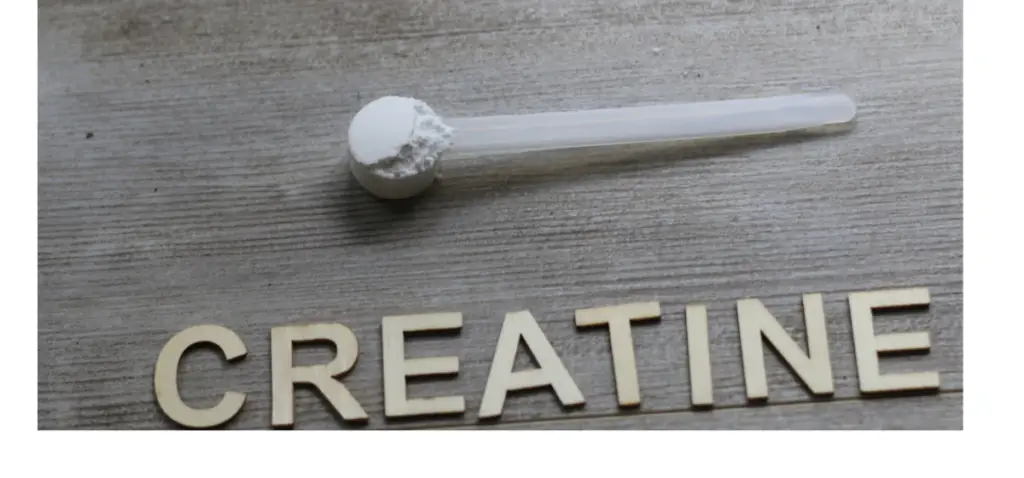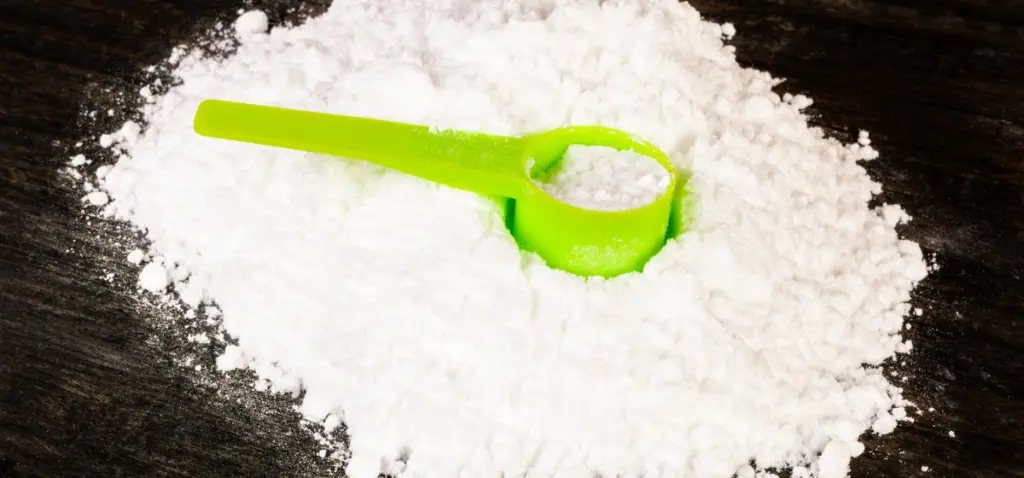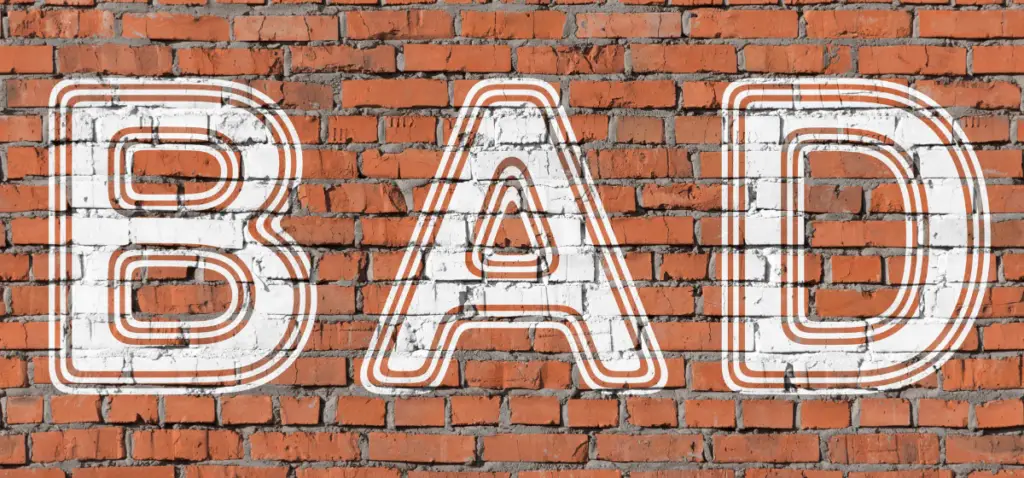Wondering does creatine help build muscle? Yes! When it comes to building muscle, creatine might be the most popular supplement to help you achieve this goal. According to a study, creatine is the most effective supplement to increase muscle mass and strength.

Combining creatine can double your strength and lean muscle gains compared to training alone. In this article, I’ll let you know Does Creatine Help Build Muscle.
What is Creatine?
Our bodies naturally produce creatine with the help of amino acids. Creatine helps making Adenosine triphosphate (ATP) module in our body. Adenosine triphosphate (ATP) is the primary energy source for muscle contractions in our bodies. Our muscles cells store 95% of our bodies’ creatine.

When our creatine levels are low, the production of Adenosine triphosphate decreases and energy dramatically reduces. We can’t perform well during exercise without energy; without exercise, our muscle tissues cannot tear and rebuild. Muscle mass increases over time with the help of this process. Thus, creatine helps build muscles.
How does creatine help you to build muscle?
The primary function of creatine is increasing the production of ATP during high-intensity exercise. However, creatine helps us build muscle in several other ways. Only a few legal supplements can directly add muscle mass when combined with exercise.

Creatine provides us with the most significant benefits that includes:
- Supporting cell hydration.
- Reducing levels of the protein myostatin that can slow muscle growth.
- Increasing cell signaling, which aids muscle repair and growth.
- Reducing muscle breakdown by reducing protein breakdown.
- Raising levels of certain hormones which support muscle growth.
According to a study, creatine increases muscle mass when added to an exercise regimen. It improved the strength on the bench press, along with a reduction in myostatin, a protein that inhibits muscle cell growth. What’s more, creatine benefits both beginners and more advanced weight lifters.
A review of over 150 studies found an average 2.2% increase in lean body mass and a 3.2% decrease in body fat for those taking creatine. When combined with weight training, current research suggests that creatine is the single most effective supplement for adding muscle mass.
You may receive less or insignificant extra supplements if you already have high creatine levels. However, you may see amazing improvements if you are with low creatine stores.
Here is an awesome video that explains “What Happens to Your Body On Creatine?”:
Creatine and women
Creatine can also show beneficial results in women. Research has shown that creatine supplements can also help women to increase strength. One study in women found a 60% greater increase in lean mass than a group that only strength trained.
Effectiveness of creatine supplements at supporting muscle growth
Creatine might be effective for both short- and long-term muscle growth goals. It assists many people, including older adults, sedentary individuals, and elite athletes. A 14-week study in older adults found that adding creatine to a weight-training program amazingly increased leg strength and muscle mass.

Many other studies have revealed the effectiveness of consuming additional creatine through supplements. Creatine is found to be effective for muscle building and strength. In a three-month study in weightlifters, creatine increased muscle fiber growth 2 to 3 times more than training alone.
This increase in total body mass also doubled alongside one-rep max for bench press, a standard strength exercise. An extensive review of the most popular supplements selected creatine as the most beneficial supplement for muscle mass. If you combine other healthy supplements with creatine, it might result in significant increases in muscle mass.
You can apply this to both untrained individuals and elite athletes. The International Society of Sports Nutrition (ISSN) describes creatine supplementation as: “The most effective ergogenic nutritional supplement currently available to athletes in terms of increasing high-intensity exercise capacity and lean body mass during training.”

Is creatine bad for you?
You should not take creatine supplements until after puberty. It will prove to be best for you if you are an adult. There is no solid research into their safety in pregnant or breastfeeding women, so you should avoid it if you are in these situations.

The ISSN passed creatine supplementation as “safe, effective, and ethical” and calls out its “outstanding safety profile.” That said, safety can never be guaranteed, especially when administered for an extended period. A lot of data have focused on healthy adults and young only. Groups such as the elderly or the very young are less studied, so do not use it under 12.
Creatine supplementation might have some bad press as it is anecdotally claimed of having some side effects that include:
- Liver and kidney damage
- Dehydration
- Cramping
- Increased risk of injury
However, there is no solid evidence to suggest whether creatine supplements have caused these symptoms in healthy individuals or not. While we can not neglect that some athletes who have taken these supplements have experienced these symptoms, so many other athletes didn’t take creatine. But you can not ignore further research over this.
Other research declared that creatine bears no greater risk of developing these conditions. There are a lot of analyses and studies that debunk any link between some of these side effects and having creatine supplements.
For example, some studies have found that creatine supplementation does not increase cramping or the risk of injury. In contrast, other studies show that it has no effects on significant health markers.
In addition, kidney patients should also avoid these supplements. You should not take creatine supplements if you have chronic kidney disease or are taking medicines that have kidney damage as a potential side-effect.
Moreover, it should not be forgotten that taking creatine won’t be beneficial with exercise that lasts more than 90 seconds, such as long-distance running.
How much creatine do you need?

“Supplementation of around 0.1 grams per kilogram of body weight with monohydrate of creatine is usually a recommended dose, alongside regular heavy resistance training,” says a nutritionist. You may also break your creatine supplement doses into two different phases.
- Loading Phase
- Maintenance Phase
1. Loading Phase
This phase involves taking slightly more creatine 0.3 gram per kg of body weight for the first 3 to 7 days.
2. Maintenance Phase
In this phase, you can take around 0.1 grams per kg of body weight to maintain the high creatine stores in your muscles. ISSN recommends this method as the quickest way to increase muscle mass.
You should know that the method of ‘cycling,’ in which you alternate between using creatine supplements and not using them every couple of weeks, has not been scientifically proven to increase effectiveness.
Creatine Has Other Benefits for Muscle Function
Creatine may also help improve the function of your muscle cells in other ways besides the energy production in ATP. It may cause numerous changes within muscle cells, signaling your body to build new muscle proteins and increase muscle mass. Here are some benefits of creatine on muscles functions.

Cell volumization or Swelling
Creatine gives you an increase in the water content of your muscle cells.
Increases IGF-1
It may also increase IGF-1, an essential hormone for muscle growth.
Reduces muscles breakdown and retaining
Creatine reduces muscle breakdown and retains muscle during exercise. This may result in a tremendous amount of muscle in the long term.
More energy to perform workouts
Another long-term benefit of creatine is performing more exercises or repetitions and lifting heavier weights per training session. Although this may not make a difference in one week, the total weight lifted is vital in long-term muscle growth.
Food sources of creatine

If you take creatine supplements in addition to natural sources of it, the results might be more effective. We get a massive portion of creatine through the foods we eat.
Non-veg protein
Animal protein foods, including fish, red meat, and lean meat, are good sources of creatine. It is primarily found in animal protein. People who like to eat non-veg diet can target consuming foods rich in amino acids like these. It will help their bodies synthesize creatine.
Veg-protein
Vegetarian foods include milk, cheese, and eggs, while vegan sources include white beans, walnuts, almonds, and watercress. It contains amino acids. This suggests vegetarians or anyone eating only small meat may receive even more significant benefits. However, long-term creatine supplementation is safe for healthy individuals. It may not suit kidney problems or other related diseases.
Health and Performance Benefits of Creatine
Creatine is a natural and effective supplement used to boost athletic performance. It is safe and one of the most popular supplements for building muscle and strength. Here are some science-based benefits of creatine.

- It helps muscle cells produce more energy
- Improves high-intensity exercise performance
- Supports many other functions in muscles
- Safe and easy to use
- Speeds muscle growth
- May help with Parkinson’s disease
- May fight other neurological diseases
- May reduce fatigue and tiredness
- It helps lower blood sugar levels and fights diabetes
- Can improve brain function
Creatine is an effective supplement with powerful benefits for athletic performance, building muscles, and health. It may help you to:
- Accelerate muscle growth
- Boost brain function
- Improve exercise performance
- Fight certain neurological diseases
It would be great to add this natural substance to your supplement regimen to see whether it works for you.
Final Words
Creatine supplements can help increase muscle strength alongside heavy resistance training and increase fat-free mass. Creatine supplementation is a hugely popular way to support muscle strength.

Many studies back its effectiveness with a healthy, protein-rich diet and regular strength/resistance training.
It is a fundamental supplement to building body and fitness communities. It doesn’t only help to build muscles but also gives you other health benefits. So start taking this natural supplement from today.